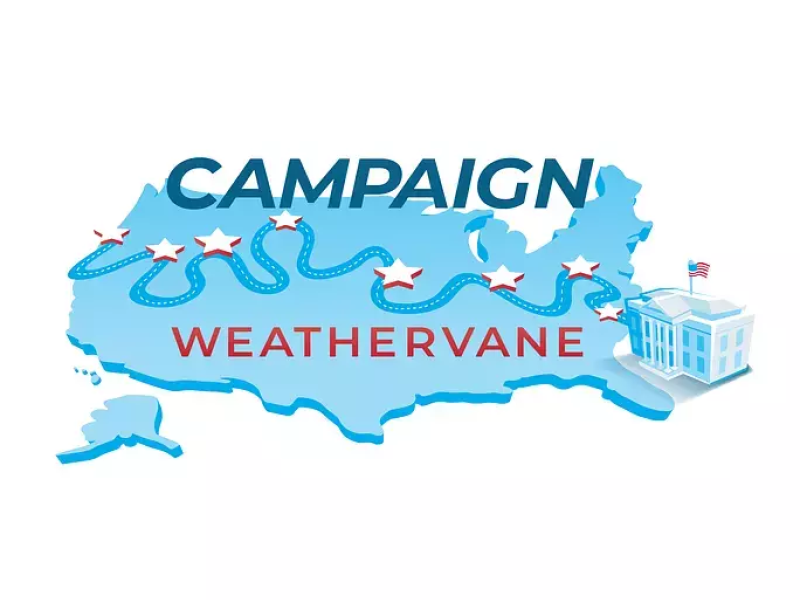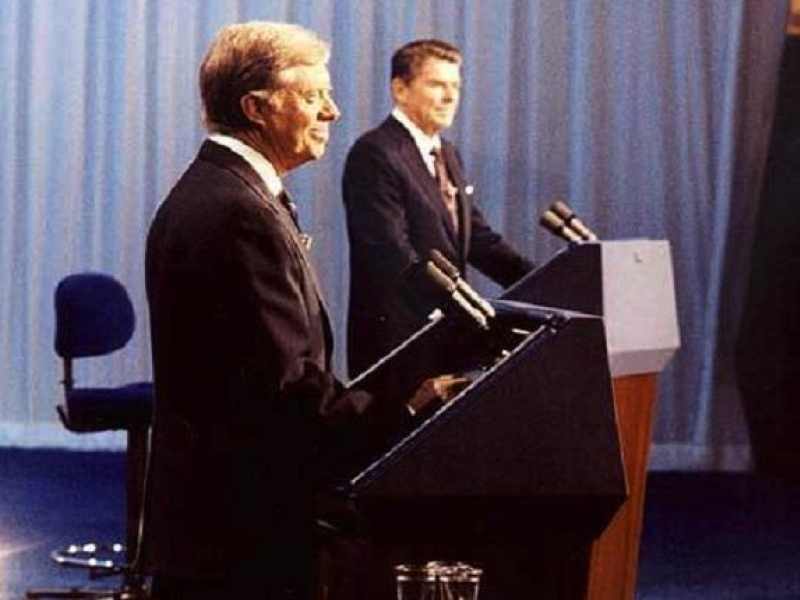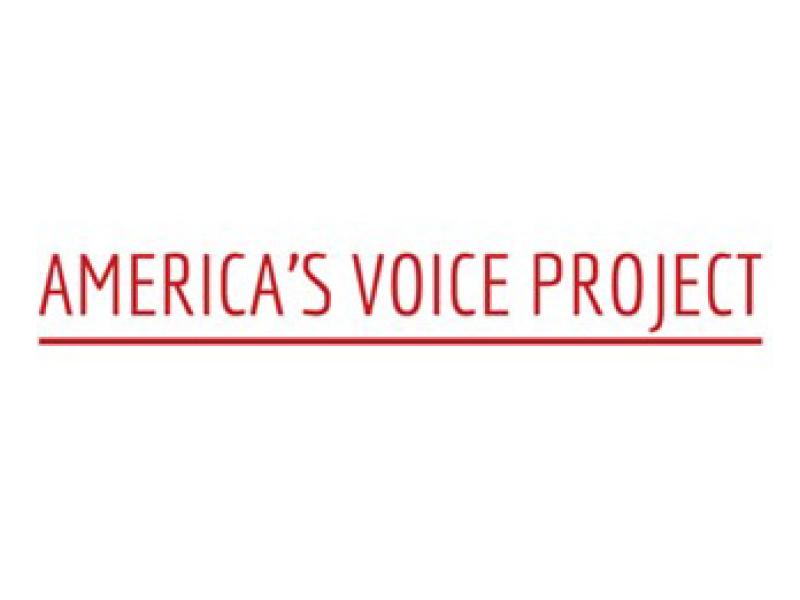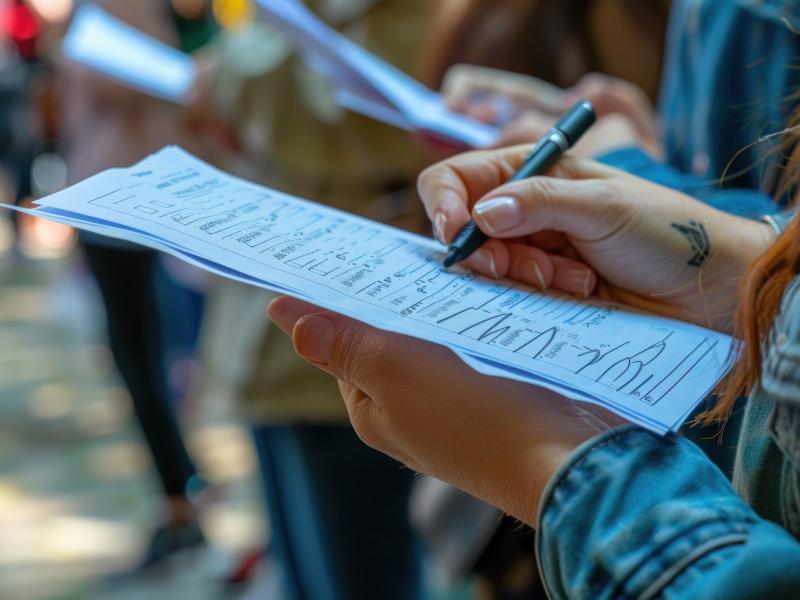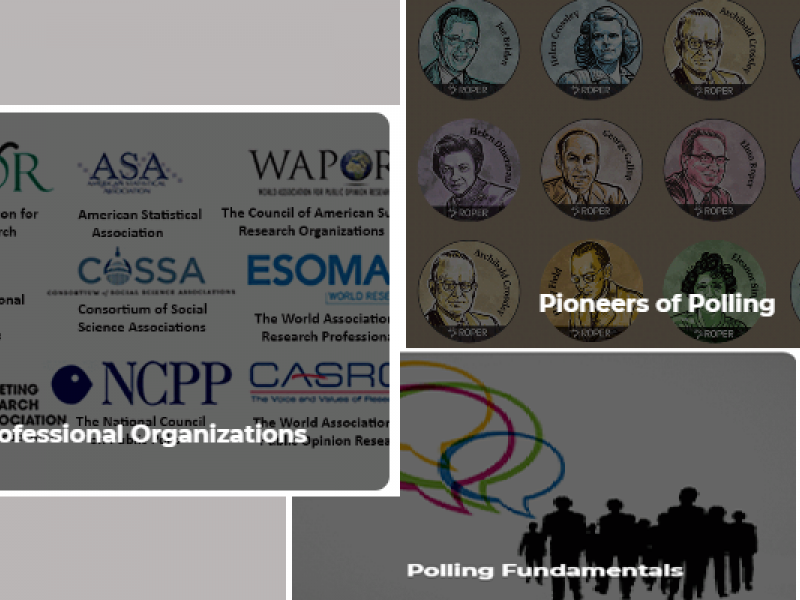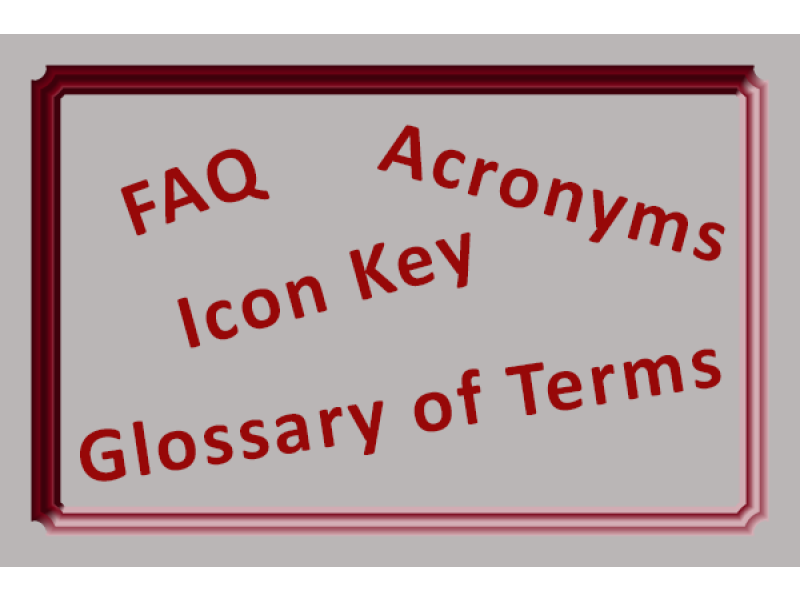Today’s students are preparing to enter a world in which data literacy – the ability to find, analyze, interpret, and describe data – is essential for academic and career success. The Roper Center’s archive of public opinion data offers topically relevant data that can be integrate into course curriculum.
To support graduate, undergraduate, and high school level educators, the Roper Center offers lesson plans and curriculum aligned with AP course requirements, as well as public tools including the 1980 Election Question Search and the Campaign Weathervane U.S. election-based resource. Free full access to the Roper iPoll question database is available to high schools by request through the America’s Voice Project.
